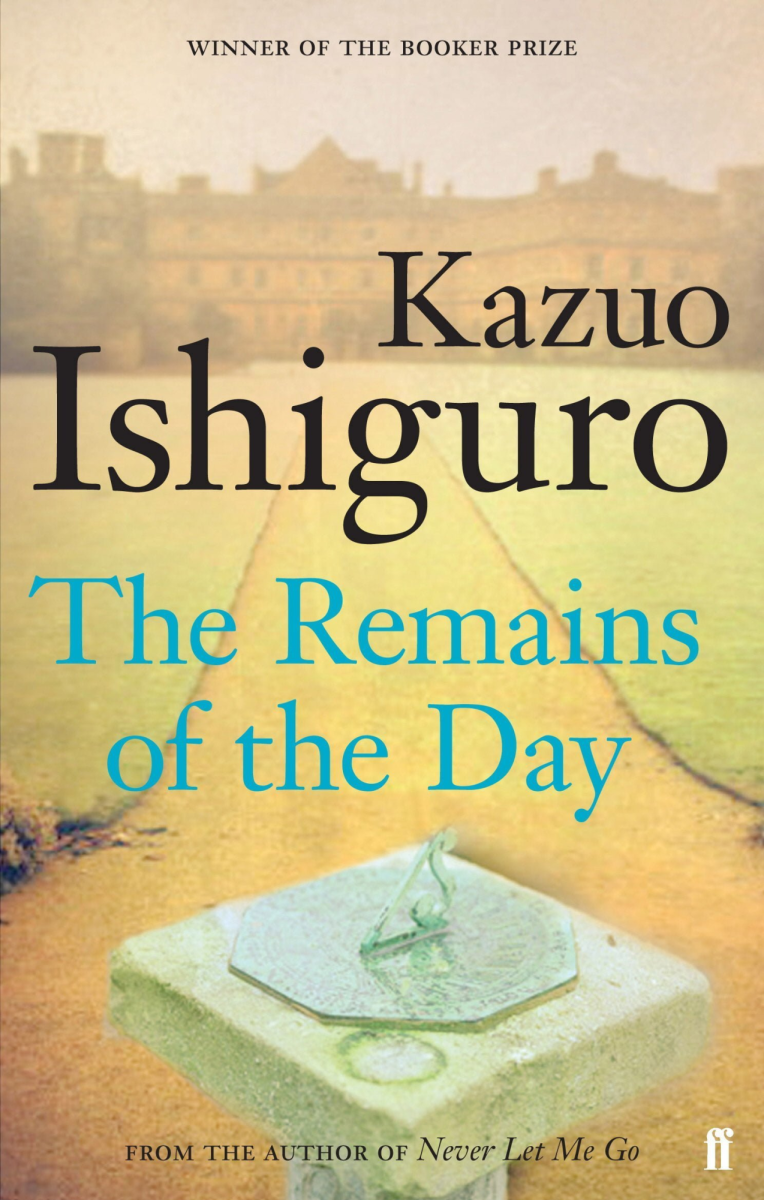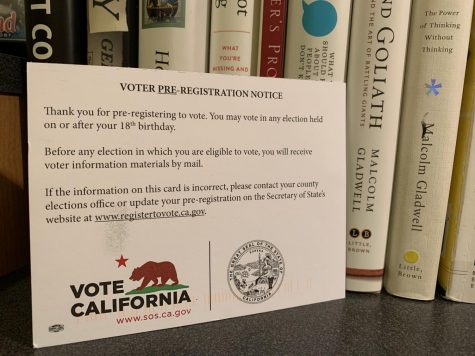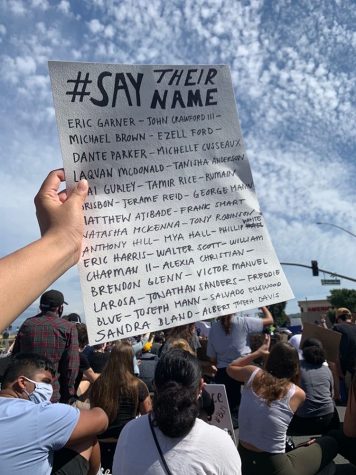“Brexit” Could Mean More Than Just Leaving E.U. for the UK
On June 23, Britain decided to leave the European Union after voting in their “Brexit” referendum. Although Britain won’t actually leave the E.U. for at least a year, most likely longer, due exit negotiations, its decision to leave has divided both the E.U. and Britain itself.
The European Union was created to bolster free trade and European unity in 1993 and today encompases 28 countries. The E.U., or a similar type of free trade and common currency coalition, became a major goal in Europe after the second of two World Wars ripped through Europe in less than half a century. Such a trade group would work to release nationalistic tensions among European countries by working together toward one economy rather than many competing together. This was so important because to say that World Wars I and II were caused by nationalistic tensions is like saying that the Revolutionary War was kinda caused by the British taxing the colonies.
The point is, however, that the E.U. worked, and still does, to increase trade between European countries. It also ties Europe tightly together as what affects one country’s economy most certainly affects the rest’s. Because of this, every time there is a financial disaster, most recently in Greece, there have been talks about a country leaving the E.U. (for example the Greek’s Grexit referendum). Despite this, however, no country has done so until now. Not only does the UK’s future departure make travelling between the E.U. and the U.K. possibly more difficult, it is a major crack in the post-world war II Europe and there will always be this fear now that other countries will follow suit, dissolving the E.U. in its entirety.
To make the U.K.’s departure more complicated is the divisions it raises in Britain itself. The U.K., like the US, is divided up into smaller areas, most notably Wales, Scotland, England and Northern Ireland. However, unlike the US, these areas used to be independent countries. Wales and Scotland were both joined with England through Parliamentary Acts, Wales after the Romans withdrew from their province of Brittania, and Scotland after a century of sharing a monarch with England. Northern Ireland stayed in the U.K. after Southern Ireland became the independent Irish Free State after a three year long war for independence.
Despite these legal unities, Scotland, Wales and Northern Ireland, not to mention all of Britain remaining colonial possessions, have different cultures and different languages. In the referendum, such divisions showed; while the majority of the U.K.’s states/provinces voted to leave the E.U., Scotland, London and Northern Ireland voted overwhelmingly to stay. London is an international trade center, so it makes sense that they would want to remain in the E.U.. However, as a city, London is at the mercy of the U.K.’s decision as a whole. Scotland and Northern Ireland’s desire to stay could actually lead to fractures within the U.K.since they could become independent nations; in 2014, Scotland voted and decided to stay in the UK. If Brexit referendum triggers a second vote, Scotland could leave the U.K. and remain in the E.U.. North Ireland too could attempt to leave, but unlike Scotland who unanimously wished to remain in the E.U., North Ireland was more divided and could have a harder time becoming independent.
Your donation will support the student journalists of Dublin High School. Your contribution will allow us to purchase equipment and cover our annual website hosting costs.

Alexandra Stassinopoulos was a senior at Dublin High School and the 2016-2017 Editor-in-Chief. She joined the Dublin Shield as a sophomore and worked as...

































